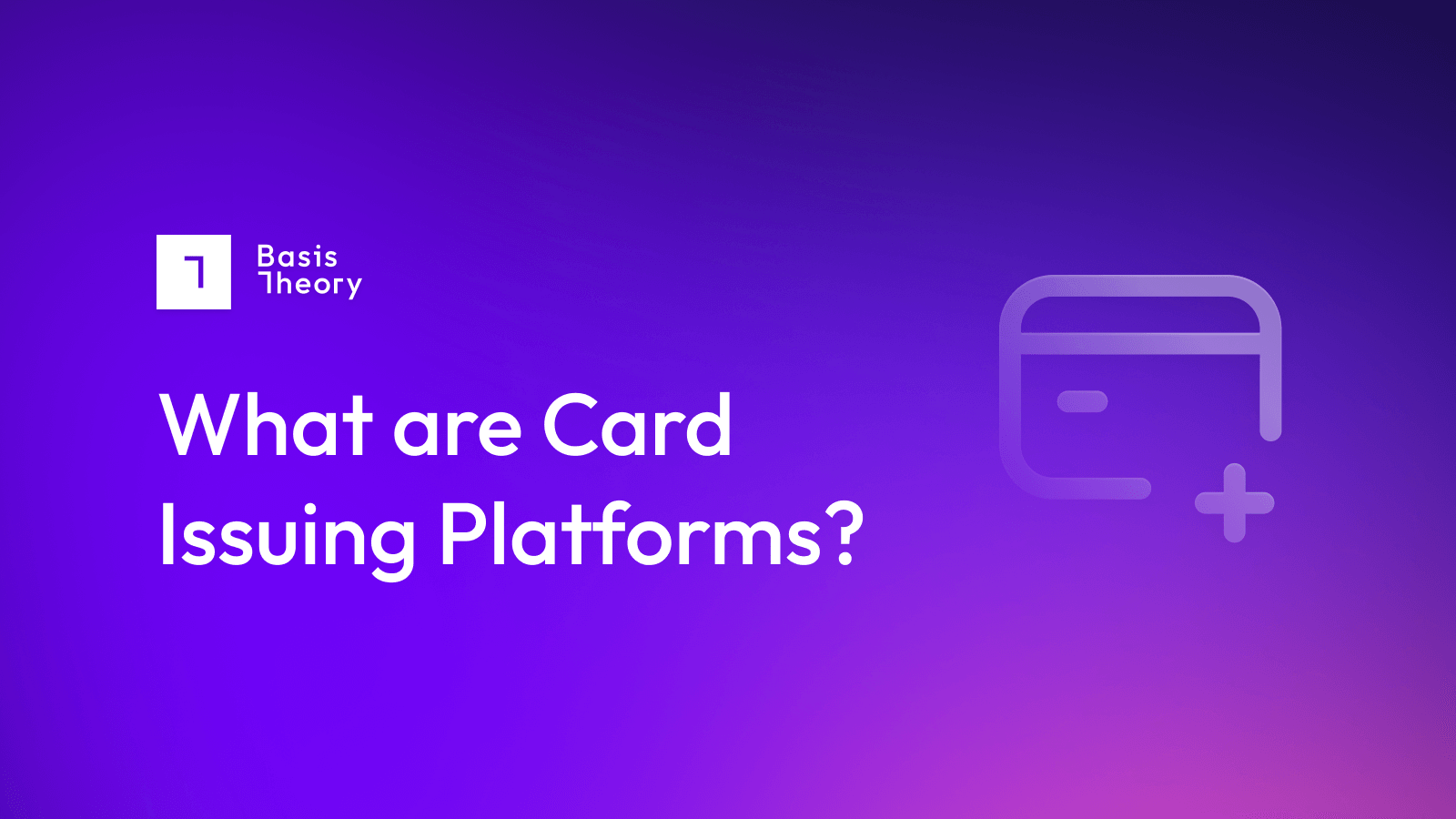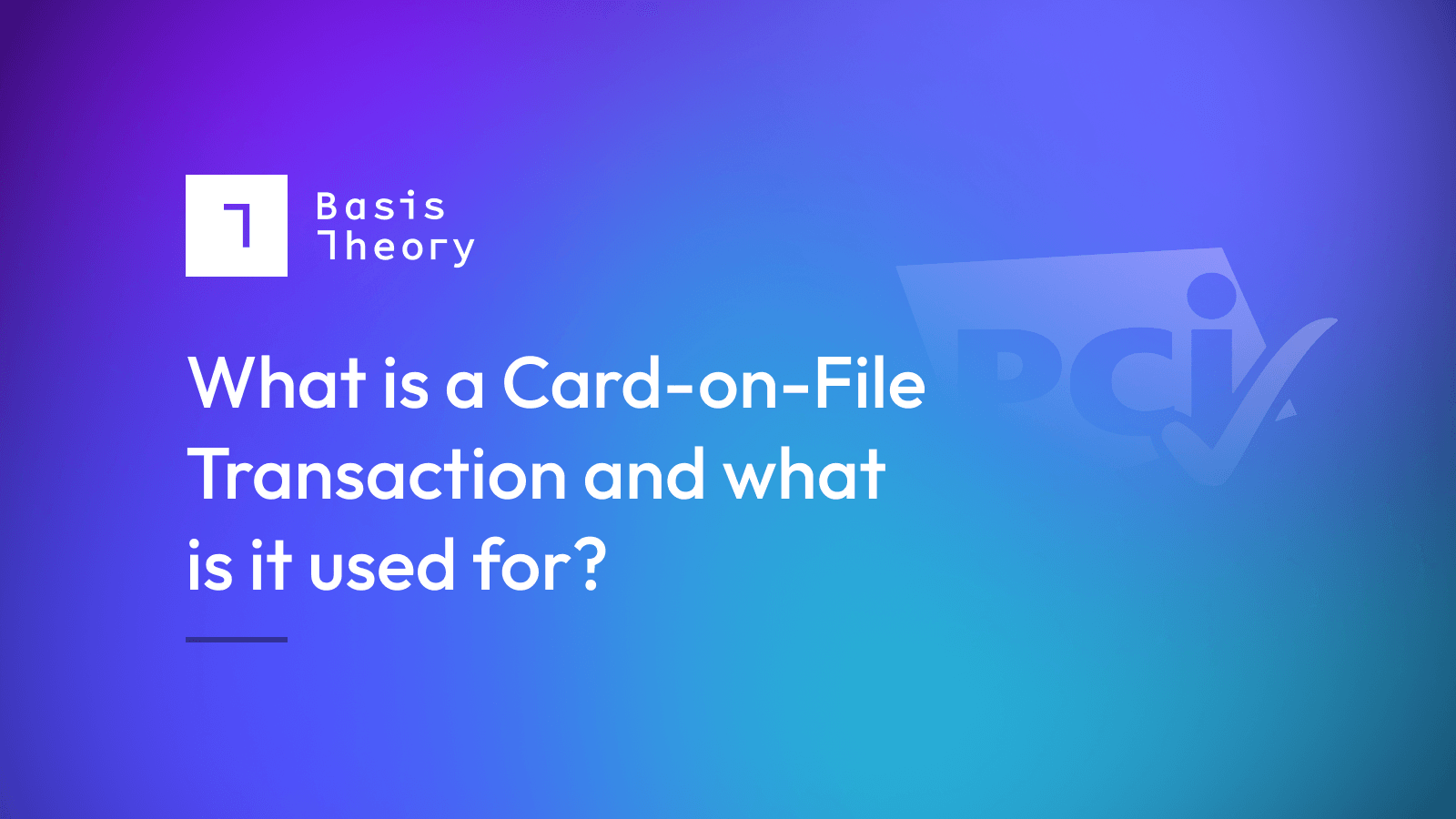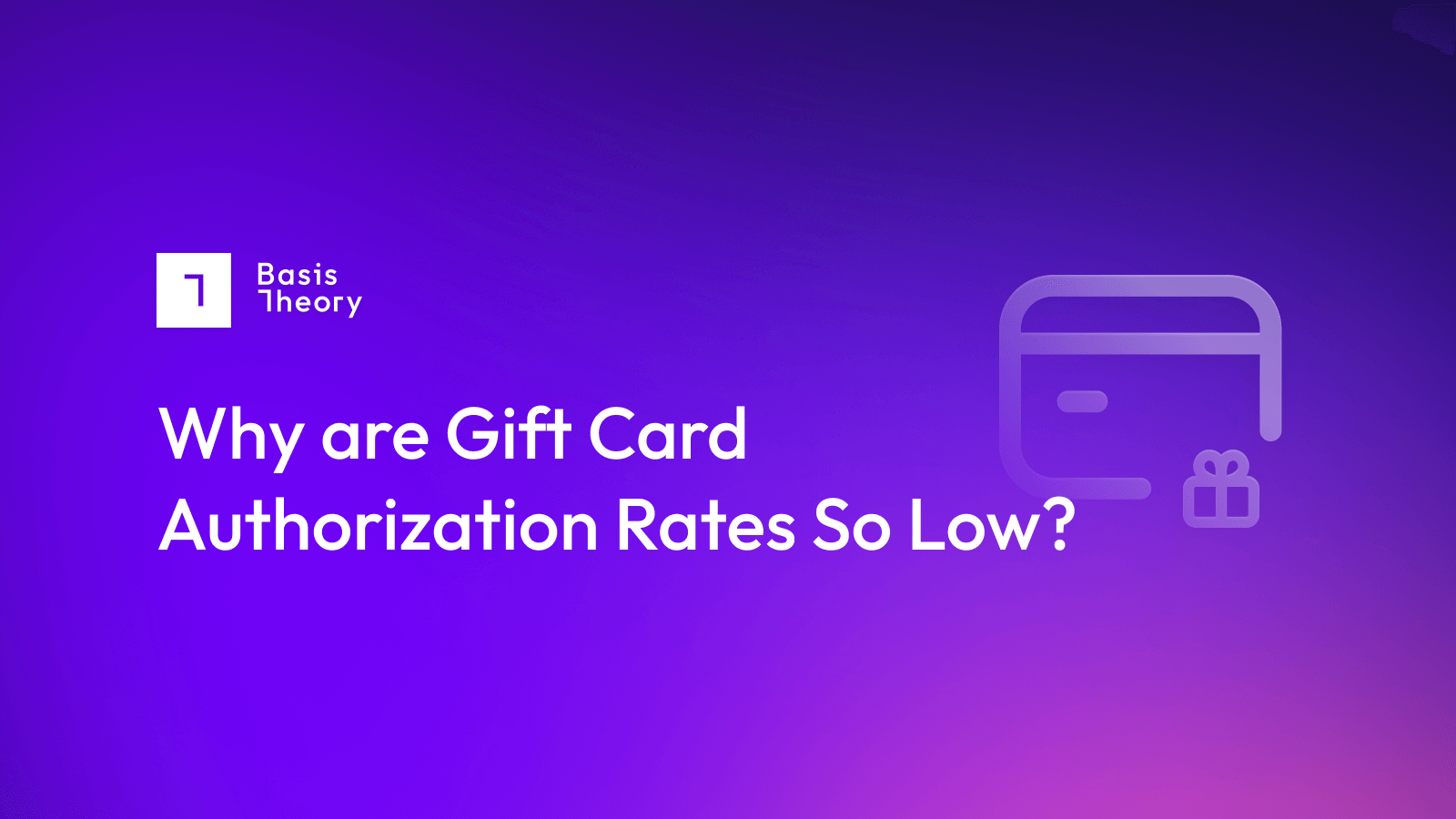What are Card Issuing Platforms?

A card issuing platform enables businesses within and beyond the financial industry to easily provide branded debit and credit cards to their customers. Despite the name, they do more than just issue cards: they take responsibility for many elements of security (including KYC), and may offer other services from funding to transaction monitoring and reporting. Some of the very largest card issuing platforms actually sit behind familiar financial brands, providing the infrastructure to build and maintain branded card programs, while their clients focus on marketing and selling the concept.
Are Card Issuing Platforms Necessary?
It is no surprise to learn that cashless transactions have grown in popularity, with that growth rapidly accelerating over the course of the COVID-19 pandemic. PWC anticipates an 82% growth in cashless payments in the period between 2020 and 2030 and the Pew Research Center reported last year that over 40% of Americans used no cash at all in the prior week. The emergence and growth of effective digital wallets like Apple Pay, Google Pay, and PayPal have demonstrated the opportunity for other-than-bank entities to build highly profitable offerings that go direct to consumer (for a sense of scale, Apple Pay is understood to have taken in $1.9 billion in revenues in 2022).
That said, actually running a card issuing and management department historically has been both expensive and human resource-intensive.
What Makes Issuing Cards Expensive?
The payment process is extremely complex, including a range of participants, ranging from acquiring bank to merchant to payment services provider (PSP) to card network to issuing bank - and at every step of the way there is a powerful responsibility for safety and security for whoever is in charge. The accountability hits its zenith, however, at the point of the issuing bank (or whatever service provider is acting as the issuing and authorization agent for that bank), because that is the last point at which a fraudulent transaction can be turned back.
The essence of the relationship between the merchant and the issuing bank is that, if a legitimate transaction is presented, and the issuing bank approves it, the merchant is protected from bad debt. So, if a card issuing entity (whether doing work themselves or outsourcing it to a provider) issues a card to a non-existent or fraudulent entity, or authorizes a payment that should have been rejected, they end up carrying the financial burden. As a result, running a card issuing operation within a small bank or credit card can require a team of half a dozen to a dozen, ensuring the right decisions are made to protect the broader organization from jeopardy.
What is the Benefit of Issuing Cards, With or Without a Platform?
Businesses that issue branded cards - whether financial institutions or other kinds of business - can recognize a market basket of benefits, including:
- Improved customer loyalty: customers who are carrying a card that bears the brand of a particular merchant are more likely to return to that establishment
- Profit sharing: generally, sales made on credit cards cost merchants money; when they offer their own branded cards, they are able to not only claw back some of the transaction cost, but also create an ongoing revenue stream from card initiation fees and a share of interest payments.
- Better customer data: as the issuer of the cards its customers use, merchants may have access to data on how those cards are used elsewhere, enhancing their ability to understand their audience, and to plan for how to serve it better
- Customer retention: many large businesses that offer branded cards are able to take some of the financial benefits of the program and use them to build loyalty programs that keep their customers loyal. These include mileage awards for airline credit card holders, ongoing offers for department store card holders, and so forth.
Evaluating Card Issuing Platforms
The final decision on whether to use a card issuing platform, and which one will be ideal, is of course specific to the business considering making the leap. Worth considering however are core elements of the service, including
- Types of cards that are issuable: an independent card issuing platform will likely offer a range of debit and credit cards, as well as digital offering such as virtual cards and wallets. For simplicity, however, some organizations may prefer simply to contract with American Express or Discover, who act as their own issuing platforms.
- Simplicity of operation: some card issuing platforms may be entirely manageable by API, while others may require heavier integrations. The cost and resource intensity of the effort may speed or slow rollout, representing a risk/reward tradeoff the contracting organization must solve.
- Efficacy of risk management: not only should contracting entities insist on reports on the effectiveness of card issuing processors’ risk efforts, they should additionally ensure that they dovetail with any established accreditations already in place, and represent an extension rather than a potential problem.
- Scalability: depending upon the size of the contracting entity, it is vital to ensure that the card issuing platform selected has the scale in its digital operations to handle whatever volume will be sent its way.
.png?width=365&height=122&name=BTLogo%20(1).png)



